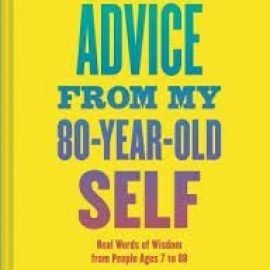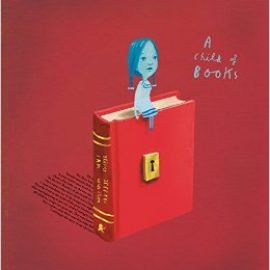Description
This post is also available in:
 العربية (Arabic)
العربية (Arabic)
Culture and Imperialism
Culture and Imperialism: Following his profoundly influential study, Orientalism, Edward Said now examines western culture. From Jane Austen to Salman Rushdie, from Yeats to media coverage of the Gulf War, Culture and Imperialism is a broad, fierce and wonderfully readable account of the roots of imperialism in European culture.
A landmark work from the author of Orientalism that explores the long-overlooked connections between the Western imperial endeavor and the culture that both reflected and reinforced it.
In the nineteenth and early twentieth centuries, as the Western powers built empires that stretched from Australia to the West Indies, Western artists created masterpieces ranging from Mansfield Park to Heart of Darkness and Aida. Yet most cultural critics continue to see these phenomena as separate.
Edward Said looks at these works alongside those of such writers as W. B. Yeats, Chinua Achebe, and Salman Rushdie to show how subject peoples produced their own vigorous cultures of opposition and resistance. Vast in scope and stunning in its erudition, Culture and Imperialism reopens the dialogue between literature and the life of its time.
Edward Said makes one of the strongest cases ever for the aphorism, “the pen is mightier than the sword.” This is a brilliant work of literary criticism that essentially becomes political science. Culture and Imperialism demonstrates that Western imperialism’s most effective tools for dominating other cultures have been literary in nature as much as political and economic. He traces the themes of 19th- and 20th-century Western fiction and contemporary mass media as weapons of conquest and also brilliantly analyzes the rise of oppositional indigenous voices in the literatures of the “colonies.” Said would argue that it’s no mere coincidence that it was a Victorian Englishman, Edward G. Bulwer-Lytton, who coined the phrase “the pen is mightier . . .” Very highly recommended for anyone who wants to understand how cultures are dominated by words, as well as how cultures can be liberated by resuscitating old voices or creating new voices for new times.
Culture and Imperialism
For more books
This post is also available in:
 العربية (Arabic)
العربية (Arabic)
 English
English 




